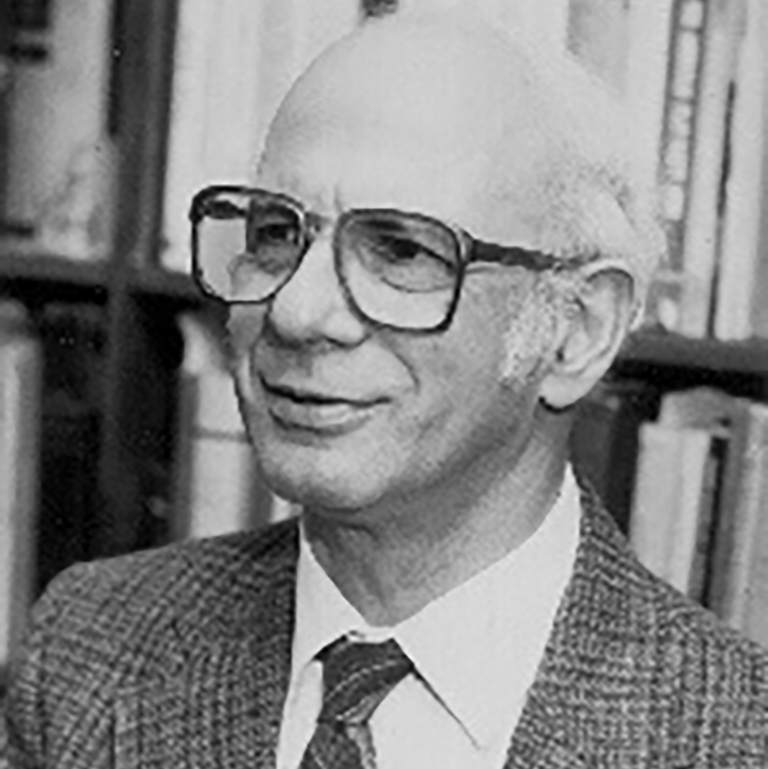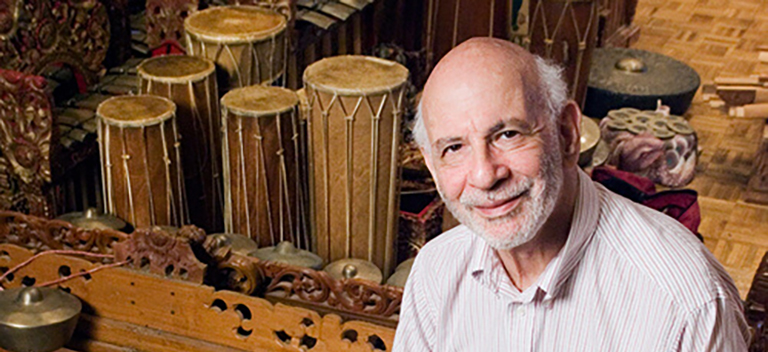After attending University High School, Bruno pursued music studies at Indiana University, completing the Ph.D. (1953) under the tutelage of Dr. George Herzog.While at IU, Bruno served as one of the first Graduate Assistants at the Archive of Traditional Music, where he worked closely with faculty from music, folklore, linguistics, and anthropology. His dissertation on the musical practices of the Blackfoot people of Montana, marked the first ever doctorate in the nascent field of ethnomusicology. Upon graduation Bruno began his career as Music Librarian at Wayne State University, and later assumed a professorship at the University of Illinois, founding its ethnomusicology programing 1964.
As a scholar, teacher, friend, and colleague, it is difficult to overstate Bruno’s significance for the discipline of ethnomusicology. Author and editor of 36 books and 137 articles (seriously I counted), Bruno’s research encompassed Native American, Iranian, South Indian, Central European, and North American musical communities. His most important research contributions, however, involved historicizing the discipline from its early origins to the present day. It would seem impossible for any student of ethnomusicology to not encounter his field-defining work. Bruno was incredibly active in the Society for Ethnomusicology, serving as its President (1969 –71) and twice as Editor of its flagship journal, Ethnomusicology(1962 –66 and 1999 –2002).
While at Illinois Bruno supervised and mentored an entire generation of ethnomusicologists, working diligently and passionately to spread the discipline to music schools across North America.
Bruno’s writing was unmistakable. Accessible, clear, disarming, yet academically rigorous, Bruno had a talent for breaking down complex theoretical concepts into their most basic elementary features. While committed to expanding knowledge of the discipline, Bruno’s research also expressed a sincere desire to connect humanity through its musical beliefs and practices. Bruno took a similar approach to his teaching and mentorship, always accessible, disarming, and academically rigorous. He wrote every morning from 7:00-10:00 am (“Write a page a day, and you’ll be done in a year...”), after which he would spend the day roaming the halls talking with students and colleagues. His students often joked that, “after Bruno finishes his writing for the day, he makes sure no one else does!” Bruno founded the Society for Gastro-musicology, with delicious meetings at his home each fall semester. He loved writing poetry (and plays) in the form of double dactyls and palindromes, hiding “Easter eggs” for students to discover in the library’s ethnomusicology reserves. He taught each class with the same 1980s-era cassette tapes and player. He was kind, funny, generous, and always available for his students. Even in retirement, Bruno insisted on teaching and advising his students.
Bruno’s love for Indiana University (and our department) endured throughout his life. He would often recount stories of his time in Bloomington: growing up on Second st.; courting his lovely wife Wanda at the Rose Well House on Valentine’s Day; and mediating the rivalries between some of IU’s legendary faculty. He took great pride in his Indiana upbringing, and even in failing health returned to Bloomington for what would be his last annual SEM meeting. He will be sadly missed by his family, friends, and especially among ethnomusicologists around the world. On behalf of the Department of Folklore and Ethnomusicology we send condolences to all those who knew Bruno Nettl.


 The College of Arts
The College of Arts